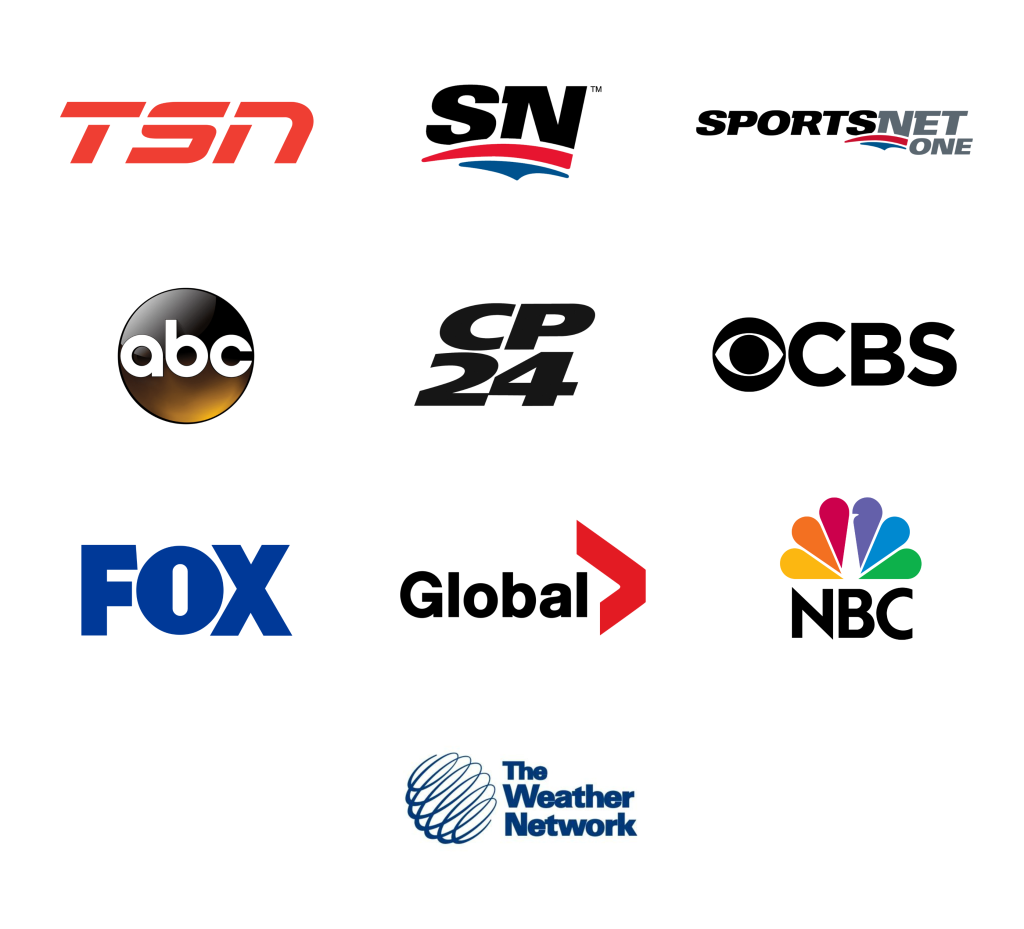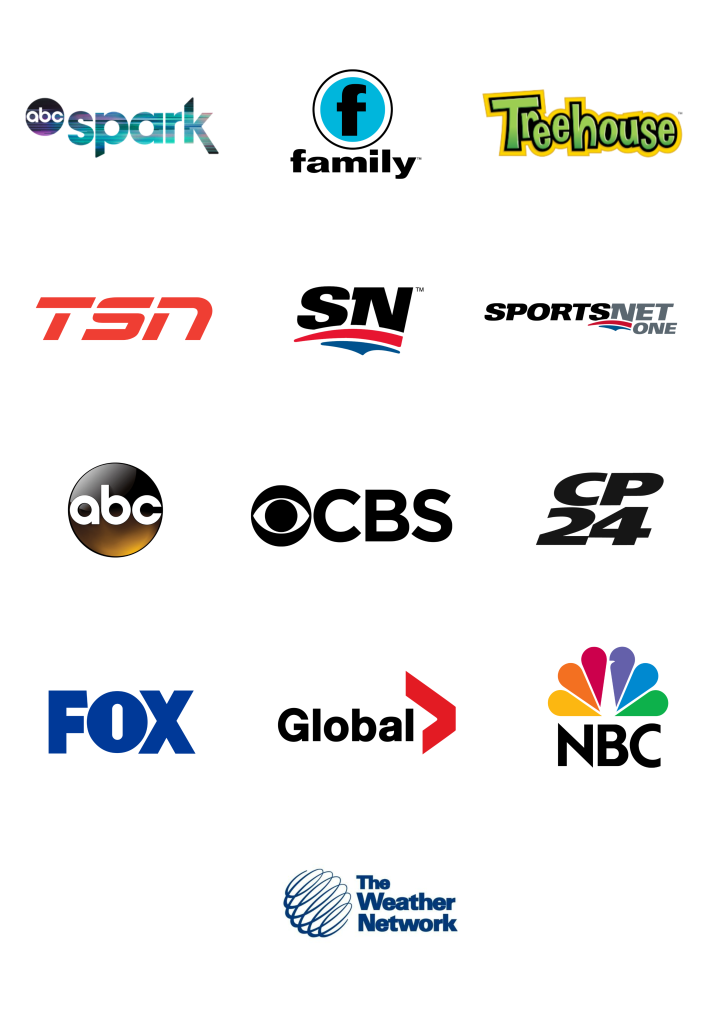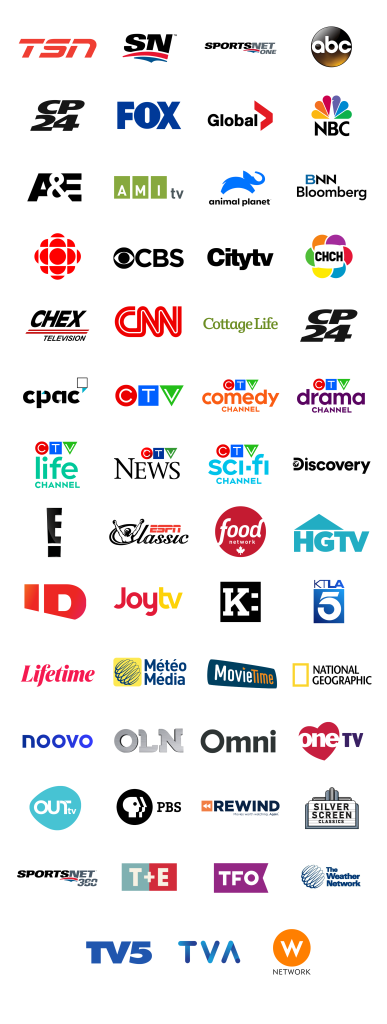
 Jan 21 2022
Jan 21 2022
How fast is your internet speed? Getting the fastest internet is usually everyone’s top priority when choosing an internet provider and shopping around for the best deals. But what do the numbers really mean? Let’s learn about the 123’s and ABC’s of your internet speed, and find the perfect number for your needs and budget.
Simply, your internet speed indicates how much data can be transferred online on an internet connection. The numbers don’t lie—the higher your internet speed, the faster you can complete tasks online, like watching videos, streaming music, sending emails, joining video calls, and playing games.
There’s more to internet speed than your browsing and streaming habits. The fastest speeds aren’t just about lightning-fast loading times. While you may do some of these tasks at the minimum speed, the fastest internet speeds allow for a more stable connection that can support multiple devices and users.
This is why when choosing an internet plan, you need to consider not just your everyday habits but also the number of devices and users sharing the connection. Do you live alone or with family, each connected to the same Wi-Fi network? How fast is fast enough for everyone’s needs, from work to play?
Understanding the different internet speeds and internet terms that your provider uses is the first step to getting the best home internet plan for all your needs.
Internet speeds that are too slow can be frustrating for the entire family—there won’t be enough bandwidth for everyone to stream, play, work, and study all at once using the same internet connection. But when it’s too fast and more than enough for your everyday needs, you might end up overpaying for internet services. Keep in mind that the best internet plan is a balance of the fastest internet speeds for your everyday needs, at the best value for your budget.
Choosing your internet speed? Start by knowing your internet terms—the ABC’s of internet speed, how it works, and how fast is fast enough for your everyday needs:
Did you know that it takes just 25Mbps for an internet speed to qualify as high-speed? But these days, this minimum speed isn’t fast enough for frequent internet use—especially with multiple devices and users simultaneously browsing, streaming, downloading, uploading, and more. You need the fastest internet to work, learn, and stay connected at home.
Take a look at how much data you use for your everyday activities online—and how fast your internet speed should be to keep up:
Are you tired of buffering videos, disconnected video calls, and slow loading times? It’s time to upgrade your internet speed. With Comwave, you can find the best and fastest internet speed for your everyday needs, for everyone at home.
Enjoy maximum productivity while you work or learn from home during the day, and stream your favourite shows or catch the latest news and events online. Get the right internet speed that keeps everyone at home happy and connected, at the best value for your budget.
Need an ugrade? Browse our home internet plans and bundles for working from home and staying connected 24/7. Find your speed—the fastest internet for your needs and budget, only from Comwave.

Comwave offers fast, unlimited internet and special bundle deals at incredible value, giving you the speed you need through a reliable connection that supports all your devices.
1-866-542-6694© 2024 Comwave Networks Inc. All rights reserved.
911 has certain limitations versus traditional E-911. Details at www.comwave.net/legal



First, let us know where you live so we can make sure that we can provide service in your area.